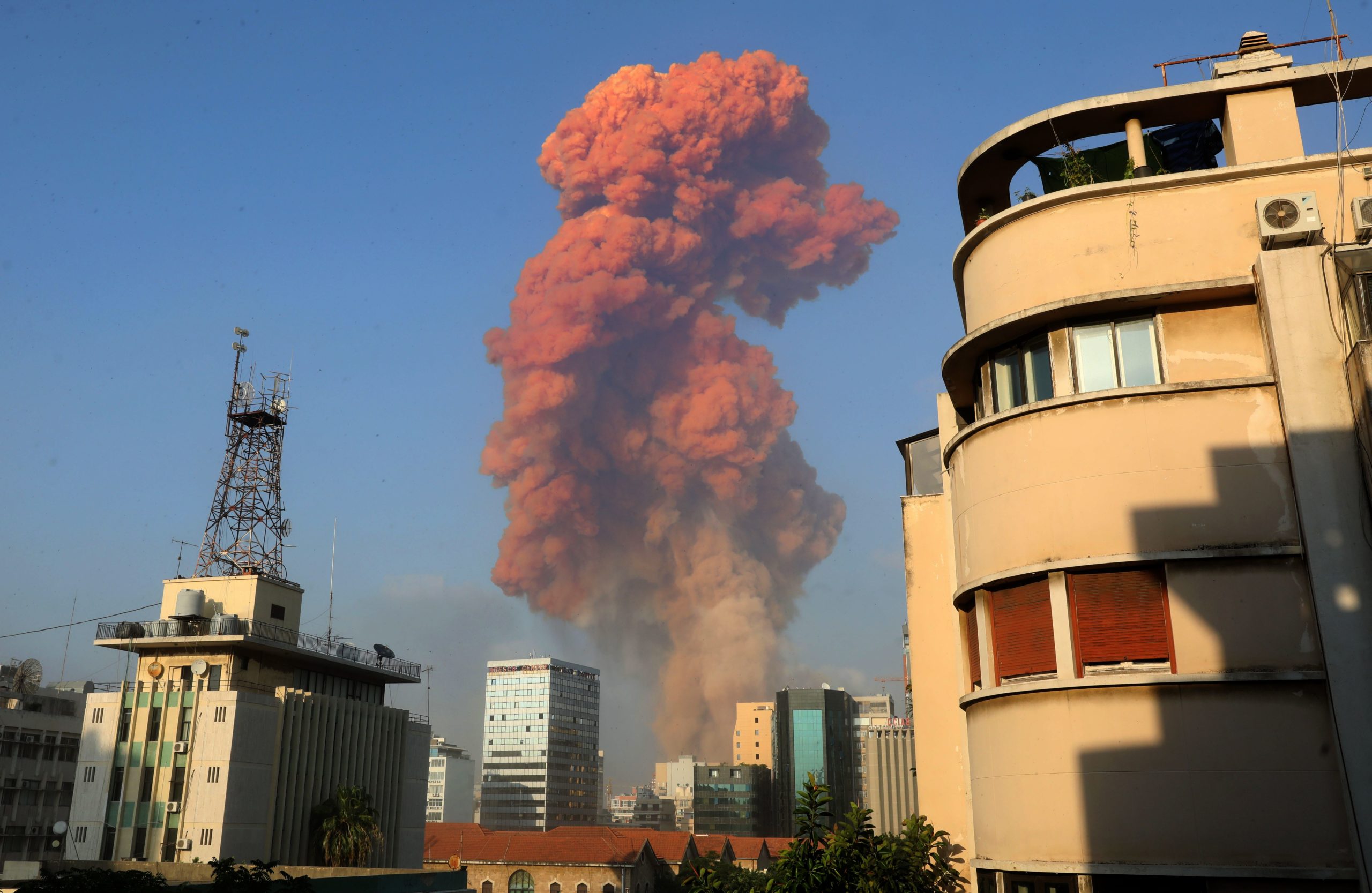SEE ALSO:Boris Johnson Holds First Face-To-Face Cabinet Meeting In Almost Five Months
Following the tragic incident, the city’s governor said that half of the Beirut’s buildings were damaged, and hospitals were overcrowded due to a large number of injured people.
“(Some) 2,750 tonnes – the amount of ammonium exploded in the port of Beirut – are materials that were seized in 2014 from the Rhosus dry-cargo ship, registered in Moldova, when it was heading to Africa and suffered damages during navigation,” the Defense Council said, as quoted by local LBCI broadcaster.
During the meeting, representatives of the Lebanese security service said that an explosion took place as a door was being welded, the channel reported.
“A spark led to the burning of explosive materials in the hangar that then led to a blast of 2,750 tonnes of ammonium nitrate, which is equivalent to 1,800 tonnes of TNT,” Lebanese officials said.
The Lebanese government has declared a three-day mourning for the victims of the tragedy starting Wednesday.
In 2014, the Rhosus cargo ship’s owner abandoned the vessel in Beirut.



Leave a Reply